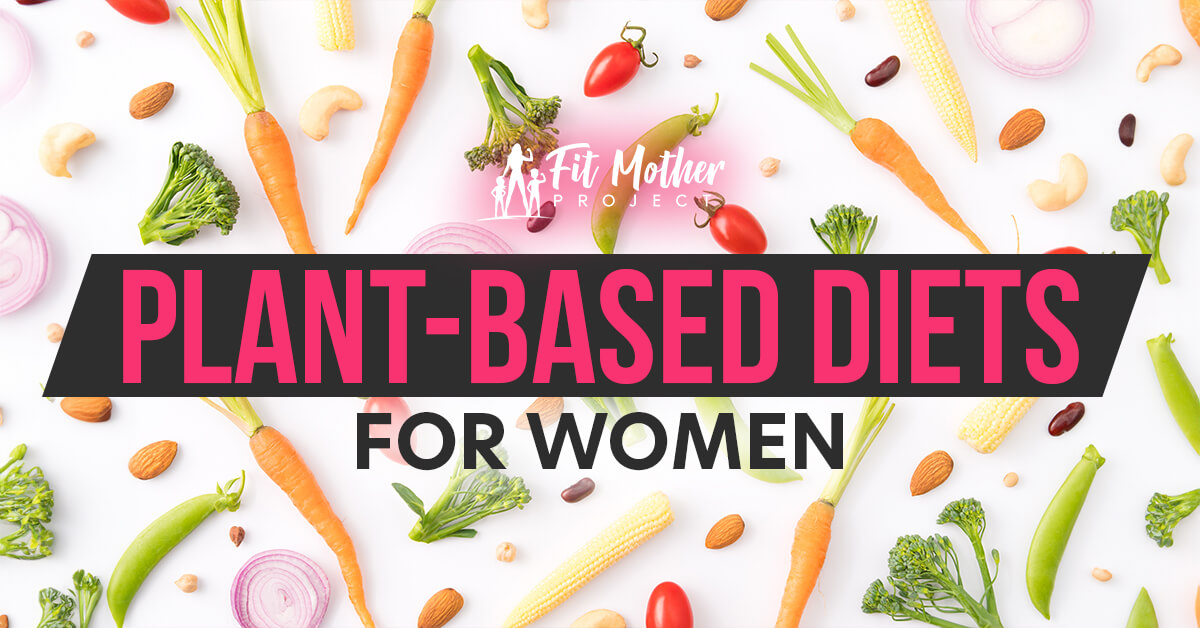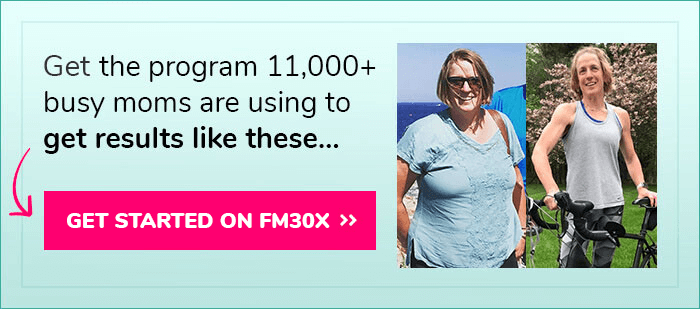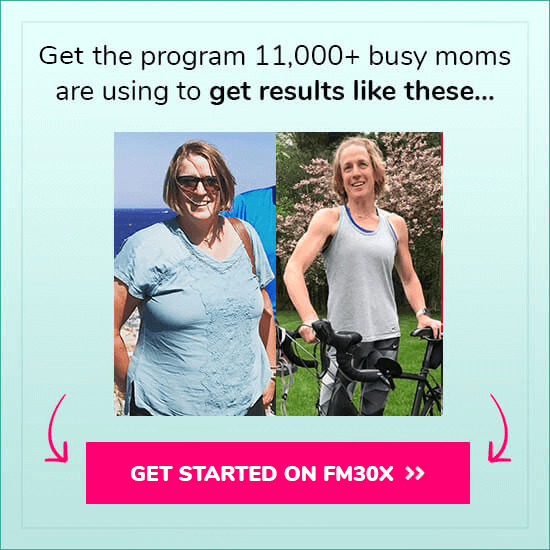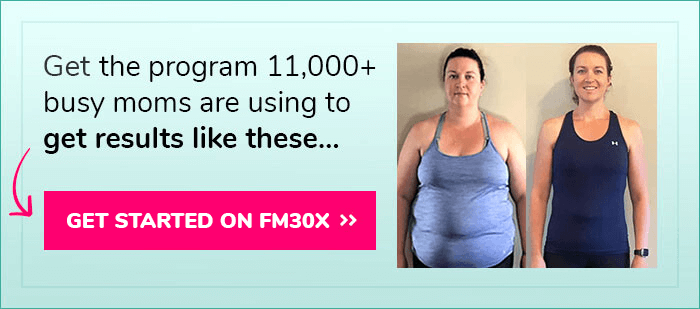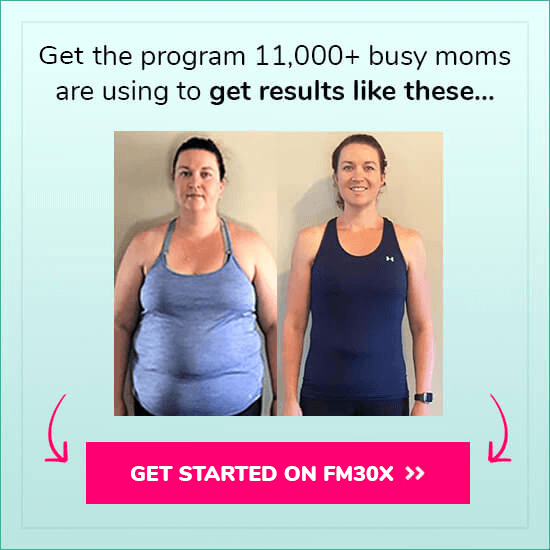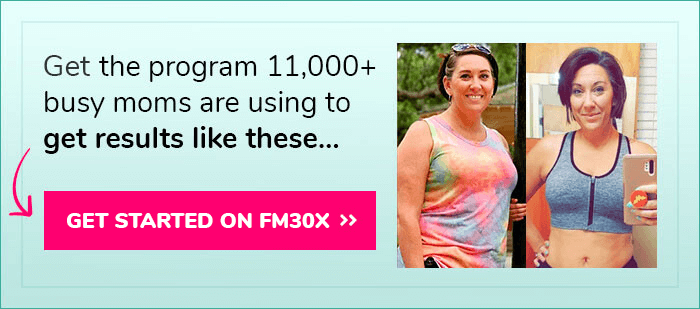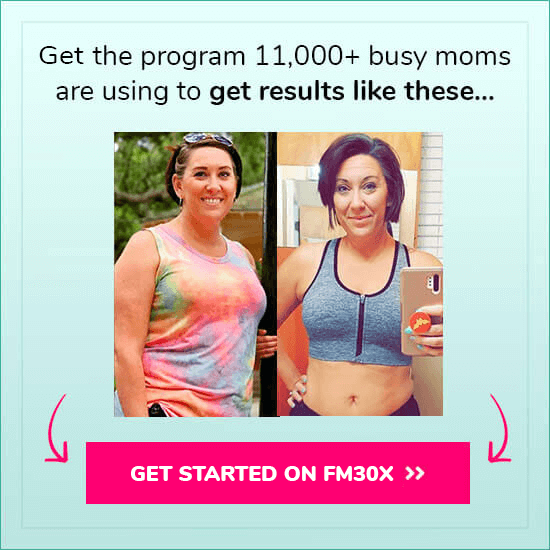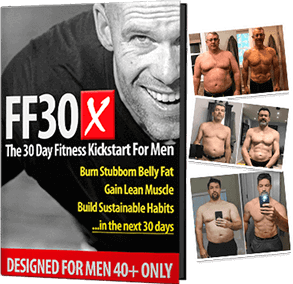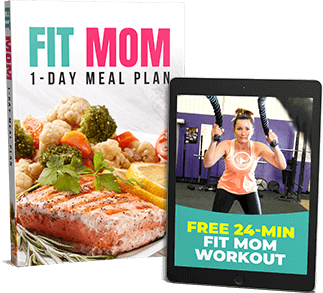If you're thinking about trying plant-based diets for women, it's helpful to know more about the pros and cons of doing so and which type of plant-based meal plan best fits your needs.
Plant-based foods are loaded with vitamins, minerals, fiber, heart-healthy fats, and other essential nutrients that reduce chronic disease risks and maximize your energy.
However, if you don't carefully plan plant-based meals, your risk of nutrient deficiencies and unpleasant symptoms associated with them increases.
Knowing more about the pros and cons of plant-based meal plans helps you determine if this diet is the right option for you.
Learn the facts about plant-based diets for women below!
This simple healthy eating strategy will help you eat right more often!
What Are Examples of Plant-Based Foods?
The nutritious foods included in plant-based diets for women are:
- Vegetables
- Fruits
- 100% fruit and vegetable juices
- Nuts
- Seeds
- Nut butter (almond butter, peanut butter, etc.)
- Whole grains (quinoa, oatmeal, wild rice, popcorn, brown rice, etc.)
- Chickpeas
- Pinto beans
- Black beans
- Lentils
- Other types of legumes
- Coconut oil
- Olive oil
- Additional plant-based oils
- Hummus
- Avocados
- Plant milk
- Plant-based protein powder
- Plant-based yogurt
- Tempeh
- Tofu
- Veggie burgers
- Seitan
- Other plant-based meat alternatives
Foods included in plant-based diets come from plants or contain only plant foods as ingredients.
There are numerous variations of plant-based meal plans.
Some contain plant foods, but others allow dairy foods (yogurt, cottage cheese, milk, whey protein powder, etc.), eggs, seafood, or fish.
As a busy women, it’s challenging to stay consistent with healthy eating. That’s why we created SuperFuel… the delicious “all-in-one” nutrition shake for busy women 40+ to give your body the protein + key nutrients you need for more energy, fat burning, and muscle building.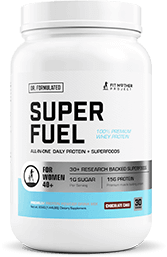
![]()
Meet SuperFuel. The Delicious Protein Shake Packed With 40+ Energy-Boosting Vitamins & Superfoods (Designed For Busy Women)

What Are the Different Types of Vegetarian Diets?
Some of the common plant-based diets for women and their variations include:
Vegan Diet
Vegan diets consist of only plant-based foods, as these meal plans exclude animal foods entirely.
They DON'T contain poultry, fish, red meat, eggs, milk, or other dairy foods.
Even certain ingredients sourced from animals, such as gelatin, aren't part of strict vegan plan plans.
Lacto-Vegetarian Diet
In addition to plant-based foods, Lacto-vegetarian diets contain cottage cheese, milk, yogurt, and other dairy foods.
But Lacto-vegetarians avoid red meat, seafood, fish, poultry, and eggs.
Ovo-Vegetarian Diet
If you choose an ovo-vegetarian diet, you consume plant-based foods plus eggs, an exceptional source of high-quality protein.
Ovo-vegetarians do NOT eat red meat, fish, seafood, poultry, or dairy foods.
Lacto-Ovo-Vegetarian Diet
Lacto-ovo-vegetarian meal plans contain plant foods, eggs, milk, yogurt, cottage cheese, and other dairy foods.
When choosing this type of diet, steer clear of red meat, fish, seafood, and poultry.
Pescetarian Diet
Pescetarian diets are the least restrictive type of vegetarian diet, and they're not true plant-based meal plans.
That's because pescetarian dieters eat fish, seafood, and sometimes dairy foods and eggs in addition to plant-based foods.
Still, pescetarian diets offer an array of health and wellness benefits.
When you pick fatty fish like tuna or salmon, they're packed with vitamins, minerals, protein, fiber, and omega-3 fatty acids.
In just 6-weeks on our FOUNDATIONS Program, you'll transform your health and body, for the rest of your life!Join our 6-Week Program...
You'll Gain Health for Life!
What Are the Benefits of Plant-Based Diets for Women?
When choosing plant-based diets for women, you can expect the following health and wellness benefits:
- Lower risk of high blood pressure
- Reduced chronic disease risks
- High energy levels
- Easier weight management
- Reduced risk of high cholesterol
- Higher fiber intake
- Leaner body composition
- Improvements in overall health and wellness
- Longer life expectancy
- Reduced body mass index (BMI)
Research shows that plant-based diets often lead to lower body mass indexes (BMIs), which in turn reduces your chance of heart disease, diabetes, cancer, and other chronic conditions.
Plant-based meal plans are rich in minerals, vitamins, and fiber, which lessens your chance of having a stroke, heart attack, or other serious medical problems.
In just 6-weeks on our FOUNDATIONS Program, you'll transform your health and body, for the rest of your life!Join our 6-Week Program...
You'll Gain Health for Life!
What Are the Potential Drawbacks of Plant-Based Diets for Women?
While plant-based meal plans for women offer numerous health benefits, potential disadvantages exist as well, including:
Calcium and Vitamin D Concerns
If you follow a strict plant-based (vegan) diet and cut out eggs and dairy foods, your risk of low bone density may increase.
That's because dairy foods are rich in bone-strengthening nutrients, and egg yolks are a good source of vitamin D.
If you choose a vegan meal plan, it's important to supplement your diet with other calcium and vitamin D sources, including dietary supplements for women.
Even if you don't follow a plant-based diet, your doctor may still recommend supplementation to reduce your chance of osteoporosis.
Difficult Long-Term Maintenance
Some women find it difficult to follow strict vegan meal plans or have problems preventing nutrient deficiencies when following diets containing only plant foods.
If you struggle to follow a vegan diet but would like to, ease into it by slowly eliminating red meat, followed by poultry, fish, seafood, eggs, and finally, dairy foods.
If it's too challenging to cut out all animal-based foods, try a less restrictive version of vegetarian dieting, such as a lacto-ovo-vegetarian meal plan.
Even if you only cut out red meat, especially highly processed meats like ham, hot dogs, regular bacon, deli meats, and sausage, you can reduce your risk of certain cancers, high blood pressure, high cholesterol, and other chronic conditions.
Potential Nutrient Deficiencies
Vegetarian meal plans, especially vegan diets, take careful planning to ensure you don't become deficient in essential nutrients like iron, zinc, vitamin D, calcium, vitamin B12, iodine, and others.
If you eat only plant-based foods, choosing a variety of foods from most food groups is a good idea, and taking dietary supplements designed specifically for women.
Preventing nutrient deficiencies is the best way to keep your physical and mental energy levels high, reduce the chance of thinning hair, and maintain healthy skin and lean body mass.
Protein Concerns
Vegan dieters, especially vegan athletes, sometimes have difficulty meeting their body's protein requirements or building muscle mass.
That's because only a few plant-based proteins, including those found in soy-based foods, contain all of the essential amino acids needed for your body to efficiently build proteins.
If you avoid animal foods entirely, add tofu, tempeh, or soy milk to your meal plan or eat a wide variety of other plant-based protein foods (peas, beans, lentils, other legumes, nuts, seeds, nut butter, hummus, seitan, or quinoa) to mix and match amino acids.
If you struggle to meet your body's protein demands, consider plant-based protein powders, dairy foods, eggs, fish, or seafood in addition to eating plant-based foods.
The good news is that with careful planning, you can get all the essential amino acids your body needs daily by consuming just plant foods!
In just 6-weeks on our FOUNDATIONS Program, you'll transform your health and body, for the rest of your life!Join our 6-Week Program...
You'll Gain Health for Life!
Choose the Best Diet for YOU!
Not every woman is the same, which is why it's important to personalize your diet (plant-based or not) around your medical history, food preferences, lifestyle, and health goals.
Ask your doctor before making drastic changes to your usual eating habits.
To achieve or maintain superior health when following plant-based diets for women, consider the following tips!
Use the Perfect Plate Method
Modify the Perfect Plate method to consume plant-based diets for women in a healthy way.
Replace poultry and meat with tofu, tempeh, or setein — or eggs, seafood, or fish if you choose a less restrictive plant-based meal plan.
Aim to fill one-fourth of each plate with protein-rich foods.
The other one-fourth of your plate should contain fiber-rich starches, such as peas, corn, legumes, brown rice, quinoa, oatmeal, or other healthy starches.
Fill one-half of your plate with non-starchy vegetables like leafy greens, broccoli, or asparagus.
Add plant-based fats (avocados, oils, nuts, seeds, nut butter, etc.) to your meal plan and consume three servings daily of calcium-rich plant-based yogurt, plant milk, or dairy foods (if you follow a lacto-vegetarian or lacto-ovo-vegetarian meal plan).
Eat about two servings of fruit daily and meet hydration goals for women, about 12 cups of total fluids daily.
Alter Your Menu Often
Alter your meal plan often by choosing an array of plant-based foods from most food groups.
Doing so is an excellent way to avoid nutrient deficiencies while consuming plant-based diets for women.
Choose a variety of fresh vegetables, fruits, whole grains, legumes (peas, beans, lentils, etc.), nuts, seeds, nut butter, olive oil, other plant oils, olives, and avocados.
Add eggs, fish, seafood, or dairy foods if you'd like!
Choose a Protein Food For Each Meal
Protein is an essential nutrient when adopting plant-based diets for women, as many high-quality protein-rich foods (that contain all essential amino acids) come from animal sources.
Some of the best plant-based protein foods are veggie burgers, tofu, tempeh, seitan, peas, black beans, lentils, other legumes, nuts, seeds, nut butter, and quinoa.
Other plant-based protein-rich options include plant-based yogurt, plant milk, and plant-based protein powder (seed protein powders, rice protein, pea protein powder, etc.).
To boost the protein content of your diet, use plant-based powders to make protein-rich vegetarian smoothies.
Mix together the protein powder of your choice with water or plant milk, fruit, or nut butter, plus ice!
Protein sources in less-restrictive vegetarian diet versions include eggs, seafood, fish, or dairy.
These options contain all of the essential amino acids.
Consider Dietary Supplements for Women
Dietary supplements for women are important, especially when following plant-based meal plans.
To keep your energy levels high and reduce the risk of nutrient deficiencies, consider taking multivitamins, probiotics, vegan omega-3 supplements, plant-based protein powder, or additional dietary supplements designed for women.
Check in with your doctor to find out which supplements are best based on the type of plant-based diet you're following, your medical history, and your lifestyle.
Erin Coleman is a registered and licensed dietitian with over 15 years of freelance writing experience. She graduated with her Bachelor of Science degree in nutritional science from the University of Wisconsin-Madison, and completed her dietetic internship at Viterbo University in La Crosse, Wisconsin. Prior to beginning her career in medical content writing, Erin worked as Health Educator for the University of Wisconsin-Madison Department of Internal Medicine. Her published work appears on hundreds of health and fitness websites, and she’s currently working on publishing her first book! Erin is a wife, and a Mom to two beautiful children.
Fit Mother Project is the answer you’ve been looking for. Inside the program, you’ll receive: Our Fit Mother 30X Program (FM30X) is the answer you’ve been looking for. Inside FM30X, you’ll receive: The FOUNDATIONS Program is created by Dr. Anthony Balduzzi for Women 40+ who want Lifelong Health. In just 6-Weeks following FOUNDATIONS, you'll experience: FOUNDATIONS has transformed 60,000 lives! Are you ready to experience true lasting health & results?If you’re a busy mom who wants to finally lose weight,
get healthy, and actually keep the pounds off for good,
this is the simple program you’ll love sticking to…
If you’re a busy mom who wants to finally lose weight,
get healthy, and actually keep the pounds off for good,
this is the simple program you’ll love sticking to…
LEARN MORE ABOUT FM30X »
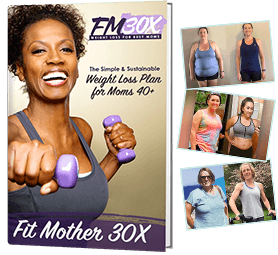
Learn More About FM30X

Join our 6-Week Doctor Designed Health Program.
You'll Gain Foundational Health for the Rest of Life.
*Please know that weight loss results & health changes/improvements vary from individual to individual; you may not achieve similar results. Always consult with your doctor before making health decisions. This is not medical advice – simply very well-researched info on plant-based diets for women.

